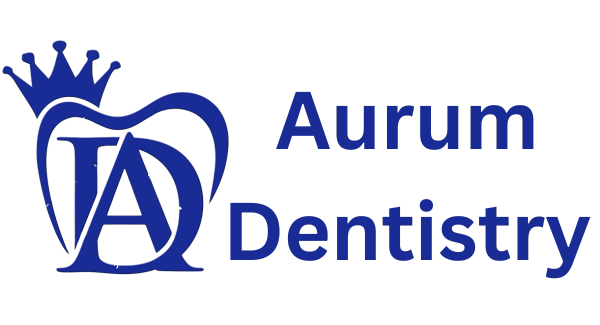Exploring Benefits of Dental Crowns
Dental crowns, often referred to as “dental caps,” are versatile dental restorations that can offer a range of benefits for various dental concerns. Whether you’re dealing with a damaged tooth, a misshapen tooth, or a cosmetic issue, dental crowns can provide an effective solution. Let’s dive into the key benefits of dental crowns:
-
Protection and Restoration:
Dental crowns are primarily used to protect and restore damaged teeth. If a tooth is cracked, severely decayed, or weakened after a root canal, a crown can provide the necessary structural support. It covers the entire visible portion of the tooth, preventing further damage and extending the tooth’s lifespan.
2. Improved Appearance:
Crowns are designed to match the color, shape, and size of your natural teeth. They can greatly enhance the appearance of a tooth that is discolored, misshapen, or has undergone a significant restoration. By blending seamlessly with your natural teeth, crowns contribute to a more aesthetically pleasing smile.
3. Enhanced Functionality:
A damaged or weakened tooth can affect your ability to chew and speak properly. Dental crowns restore the tooth’s functionality, allowing you to eat comfortably and speak clearly. Crowns are often used for molars and premolars that endure substantial chewing forces.
4. Longevity and Durability:
Modern dental crowns are crafted from strong and durable materials such as porcelain, ceramic, or metal alloys. With proper care and maintenance, dental crowns can last for many years, providing a long-term solution to dental problems.
5. Protection for Weak Teeth:
Teeth that have undergone extensive restorations, such as large fillings, are at a higher risk of fractures. Placing a crown over such a tooth provides protection against further damage and reduces the risk of cracks or breakage.
6. Cosmetic Enhancement:
Dental crowns can be used for cosmetic purposes to improve the appearance of teeth that are misaligned, disproportionately small, or have noticeable gaps. This can help you achieve a more harmonious and symmetrical smile.
7. Support for Dental Bridges:
Dental crowns play a crucial role in supporting dental bridges. A dental bridge consists of one or more artificial teeth (pontics) that fill the gap left by missing teeth. The crowns on either side of the gap anchor the bridge in place.
8. Post-Root Canal Protection:
After a root canal procedure, the affected tooth can become brittle and more susceptible to fractures. A dental crown provides necessary protection and reinforces the tooth’s structure.
9. Minimally Invasive Option:
For certain cases, minimally invasive dental crowns can be used, preserving more of the natural tooth structure compared to other restorative options.
10. Boosted Confidence:
Knowing that your damaged or imperfect tooth has been restored and looks natural can significantly boost your self-confidence and overall sense of well-being.
In conclusion, dental crowns offer a range of benefits that extend beyond just cosmetic enhancement. From protecting and restoring damaged teeth to improving functionality and confidence, dental crowns are a valuable tool in modern dentistry. If you have concerns about a damaged or compromised tooth, consult with a dental professional to determine whether a dental crown is the right solution for you.









